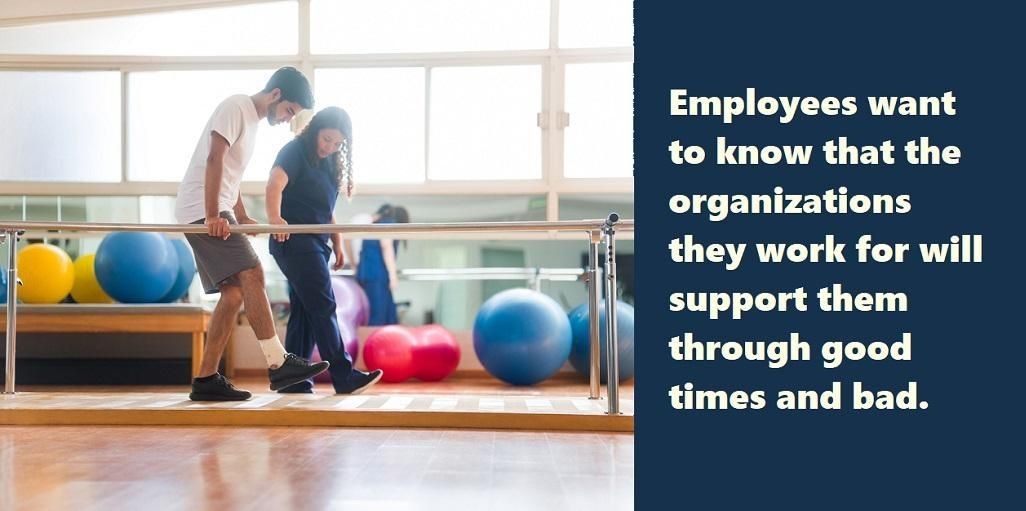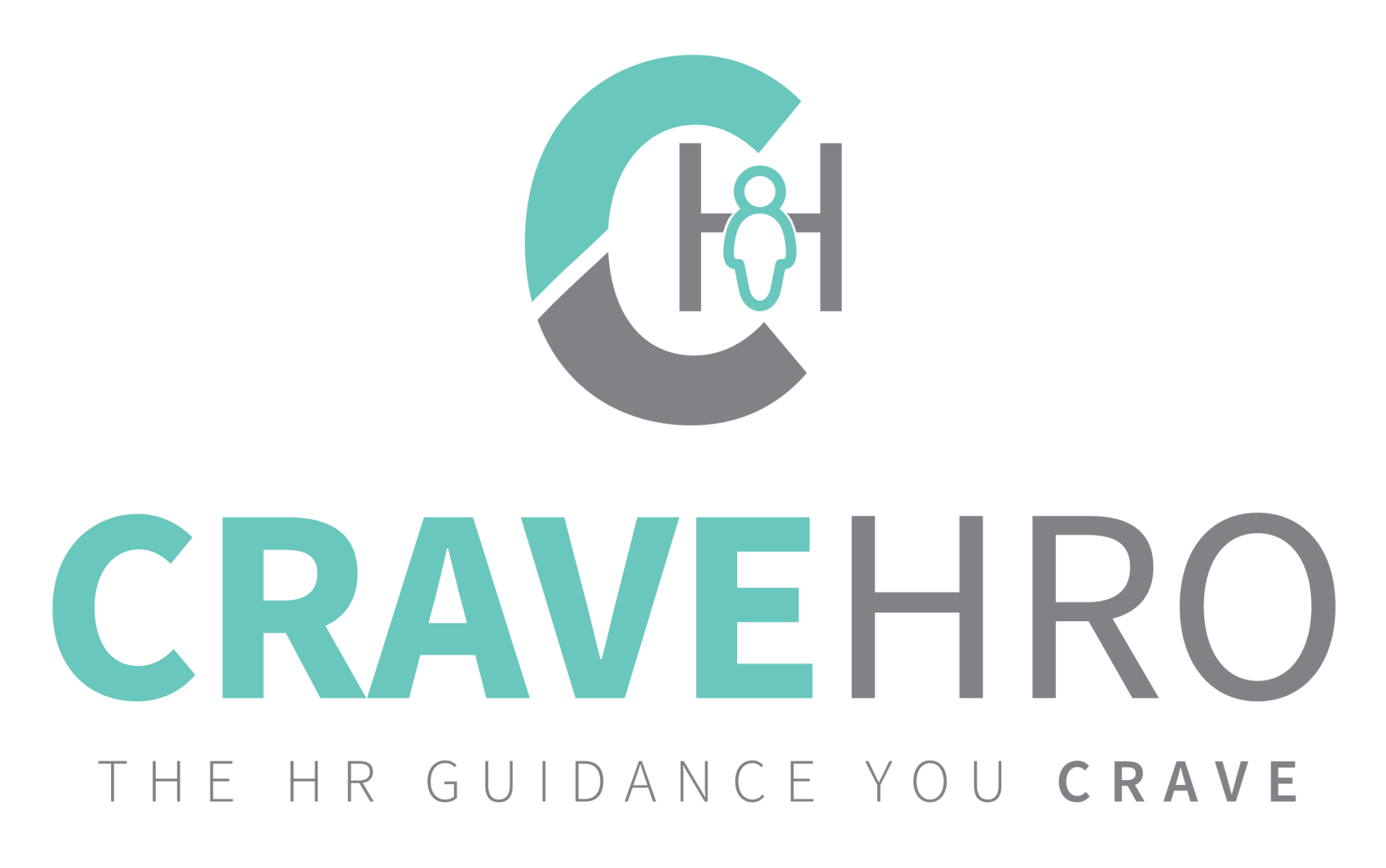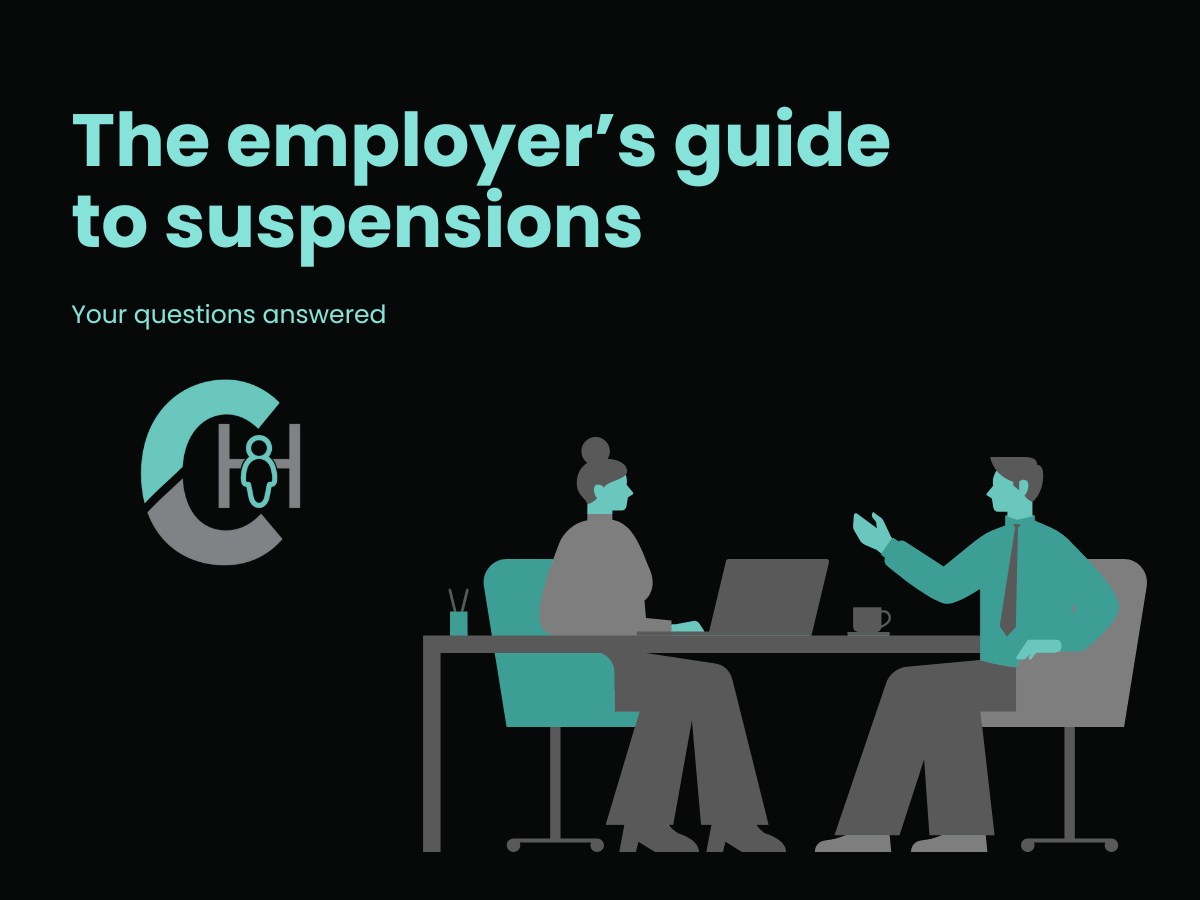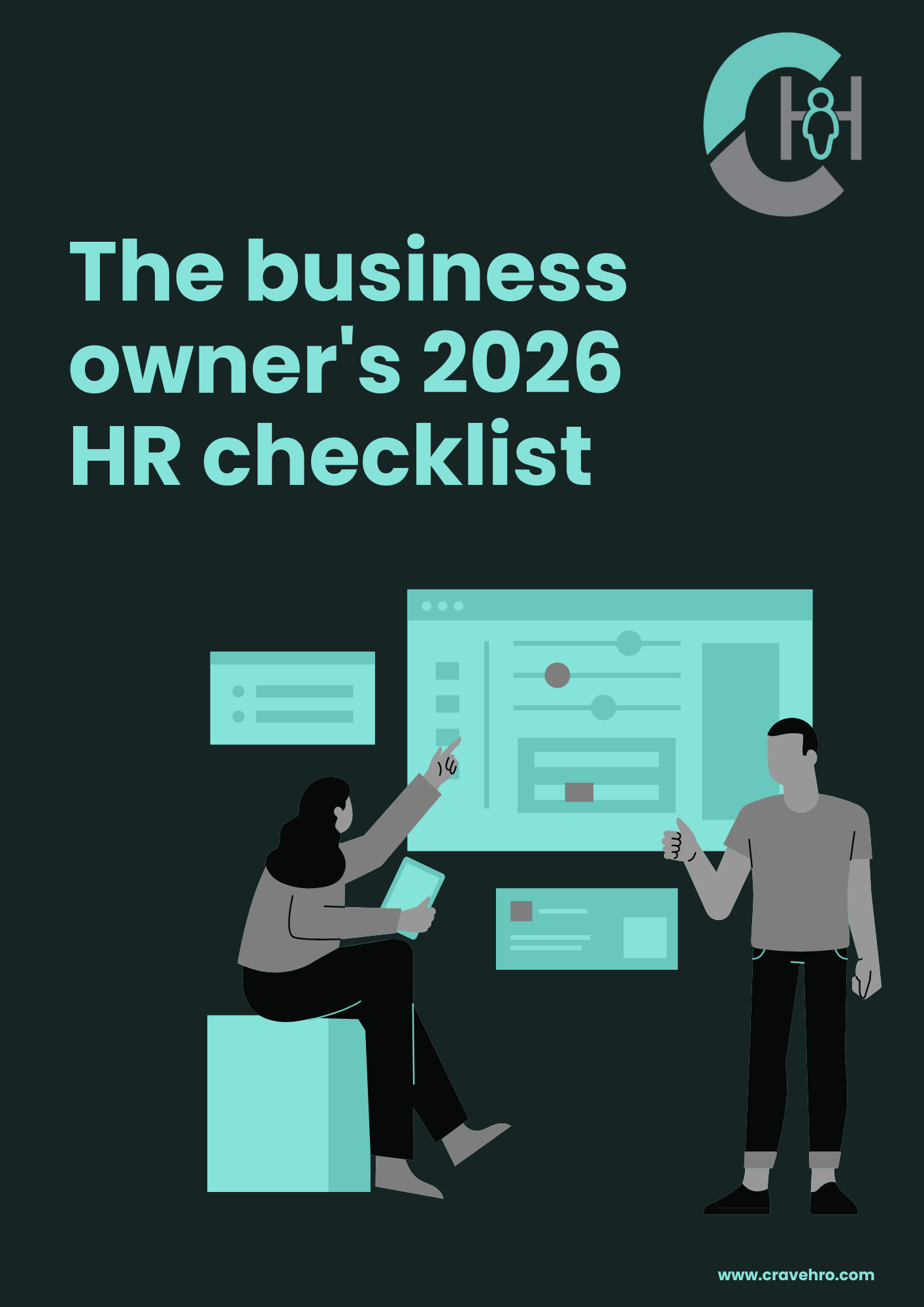Clocking Out of Compassion

February 26, 2024
In a world where work often consumes a significant portion of our lives, balancing career demands with family obligations can be daunting. For many, the pursuit of success means sacrificing precious time with loved ones to ensure financial security and stability. But what happens crisis strikes, and that sacrifice is met with callousness instead of compassion? This tale of dedication, sacrifice, and a glaring lack of empathy in the workplace hits close to home.
Imagine dedicating nearly half of the years of your life to a company. You're regularly scheduled to be there six days a week for 9 hours a day most days, beginning at 7 AM. You are given some respite on Sundays, where you are only on the schedule for 6 hours and get a reprieve from the mandatory 1-hour unpaid lunch period. Weekends with your family? Only if you use a PTO day. Holidays? You get 3. In a typical year with no days off, this could amount to a staggering 312 working days out of 365 (including 156 unnecessary extra half-hour break hours in excess of the minimum state requirements), far exceeding the workweek of the Average Joe. And who could forget 2020? The year you practically lived on the clock, commuting 80 miles a day, seven days a week for over 100 days in a row before you stopped counting, accumulating 15 weeks' worth of overtime hours worked.
Now, imagine this heart-wrenching twist: amidst this heavy work schedule, your partner suffers a severely debilitating injury requiring intensive care. Suddenly, your priorities shift, and the weight of caring for your loved one and taking over household responsibilities falls on your shoulders, so the need for time off becomes imperative. In this unexpected time of crisis, you turn to your longtime employer for support.
Instead of empathy, you're met with indifference. Your employer, the one you've dedicated so much of your life to, takes a whopping three months to process your leave paperwork. And when they finally get around to it, instead of offering guidance, they provide minimal direction and create a maze for you to get through to use the time off that you're entitled to. When you inevitably run into roadblocks and get lost navigating the new path that only you are expected to follow, they slap you with disciplinary action faster than you can say "FMLA." The very people you trusted to have your back turn their backs on you when you need them most. Rather than taking accountability for their administrative errors, they choose to give you a hard time when you're already having a hard time - subjecting you to unwarranted warnings, even suspension, for the first time during your decade-and-a-half tenure - and now you feel as if you're on the chopping block.
This employee who was previously in good standing before going out on a "protected" leave found themselves penalized for prioritizing family, and their lawful absences were continuously considered excessive when in reality they only relied on a small fraction of their entitlement out of fear of further scrutiny. Instead of appreciation for their many years of dedicated service, the Human Resources representatives who handled this matter, not only failed to show an ounce of compassion during a difficult time in this employee's life but actively retaliated against them for daring to take the time off they're entitled to through wrongful write-ups and corporate gaslighting, further exacerbating their hardship.
Now, call me crazy, but last time I checked, HR stands for Human Resources, not Heartless Retaliation.
As an HR practitioner working with many employers at any given time, I am all too aware of the crucial role my colleagues play in safeguarding the rights and well-being of employees. Yet, in this instance, their actions - or rather, their inaction - speak volumes. Instead of education, there's punishment. It's a narrative that cuts deep and a gut-wrenching reality that far too many people face in today's workplace, highlighting the disconnect between corporate carelessness and human compassion. It begs the questions: Where is the humanity in our workplaces? When did procedures become more important than those who dedicate their lives to their jobs? How can we claim to value our employees when we treat them like their disposable? How can we expect loyalty when we show none in return?
To those in HR who perpetuate this cycle, I urge you to pause and reflect. Is this truly the path you want to go down? Is enforcement at the expense of compassion worth it? Remember, our roles extend far beyond checking boxes on paperwork and protocols - we're here to support real people with real lives and real struggles. Take a good hard look in the mirror and ask yourself what kind of HR person you are at heart. If you can't muster up a shred of empathy for the employees you work with, then you should reconsider if you're in the right line of work.
It's time for employers, and those who act on their behalf, to prioritize empathy, recognize the sacrifices made by their employees, and ensure that compassion remains at the heart of every decision. Because at the end of the day, it's not about the bottom line - it's about the people who help us get there. And if we can't show them the dignity and respect that they deserve in their time of need, then what are we even doing here?
As stewards of Human Resources, it is our duty to recognize that these individuals are not merely cogs in a machine or numbers on a spreadsheet, and behind every policy and procedure lies a human being - a husband, a wife, a parent, a child - whose future hangs in the balance of the choices we make. No one should ever have to choose between their family and their livelihood, between their health and their job. It is important to empathize and remember that at any moment, you may find your own loved one in a similar scenario. What kind of HR person do you hope might hold the fate of their future in their hands?











